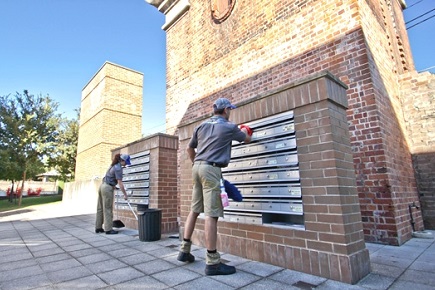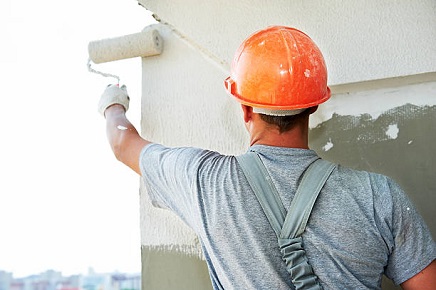Nobody likes paying high strata levies.
Administrative Fund Levy, Capital Works Fund Levy, Car Space Levy – seems like this list never ends. So living in an apartment block where you don’t have to pay as much looks very attractive. Apart from enjoying financial savings as an owner, low levies can also be a strong selling point if you decide to sell.
But low levies can also be a warning sign. Especially if you live in a building with a number of amenities.
What are the strata levies for?
Building maintenance and improvements are always on the agenda and strata levies are designed to cover most of these costs. There are two main types:
Administrative Fund Levy
Levies payable to this fund are designed to cover day-to-day expenses of a building. Things like cleaning, strata management fees, renewal of insurance, routine repairs and inspections will normally be paid for from the Administrative Fund.
Capital Works Fund Levy
Levies payable to this fund are designed to cover any major long-term maintenance items. Things like replacing lifts, re-painting façade, replacement of windows or fixing the roof all come at significant cost and often require years of savings. That’s where having a well-managed Capital Works Fund comes in handy.
Sometimes larger complexes may also choose to have separate funds for maintaining some facilities like a car park or a gym. In these instances, a corresponding levy charge will be applied.
What about special levies?
This is where things can get nasty sometimes. If a building is faced with an expense that needs to be paid now but there are not enough funds available – a special levy will need to be called. Special levies can vary between a few hundred to several million dollars and can be collected either in one instalment or over a number of years.
Of course, a loan is an option too, but don’t be deceived – regular levies will need to be increased in order to meet loan repayments.
Whether a special levy being raised or a loan arranged, these additional costs are an unexpected burden on owners.
How to avoid special levies?
1. Collect Enough Levies
Of course, levies vary between buildings. Naturally, smaller buildings with minimal or no facilities will have lower maintenance costs. But if you live in an apartment complex with a pool, lifts and a BBQ area – higher levies should be expected. Similarly, if you live in an older block that needs upgrading – annual levies should be higher or special levies will be needed.
Preparing annual budgets with forecasted expenditure items and provisions for any contingency will help your building to stay on the right track.
2. Follow the Capital Works Fund Forecast
As a building ages, it is only normal for some defects to start appearing and the need for repairs starts to increase. The purpose of a professionally done Forecast is to help you plan for any major maintenance items. This is done by raising sufficient funds over time to afford paying for these items without calling for a special levy.
Some owners get these Forecasts done purely for the sake for meeting their legal obligations and don’t follow the recommendations. However, maintaining a healthy Capital Works Fund is in the best interest of any owner.
Why can’t I pay when the maintenance is due?
Some unit owners argue that paying for major maintenance works when they are needed is fairer than paying levies over time. They think that if they may not even live in the same building when maintenance is due they shouldn’t have to pay at all.
However the reality is that this attitude usually means that works get deferred or are done on the cheap. In turn, this leads to owning an apartment in a run-down block that is gradually losing its value compared to well-maintained buildings. It can also mean that special levies will be needed to fund future works.
Take this example. We recently did a strata search on an apartment in Sydney. It was on the market at an affordable price and with low annual levies so it initially attracted many potential buyers. However, it turned out that the Owners Corporation’s funds were in deficit by over 15,000 with special levies had been struck every year for the past 7 years. Buyers quickly started to walk away the moment they learnt this.
It is a proven fact that apartments in well-maintained buildings hold their rental and resale value much better than those in neglected blocks. Think about it this way – if you were buying an apartment, which building would you want to live in?
Want to see how things are going in your building?
It’s easy. Get a Strata Report done!
Request an Inspection NowFor more helpful tips, check our Resources section.
Best Regards,
The EYEON Property Inspections Team
At EYEON Property Inspections, we help you buy and sell with more confidence.




